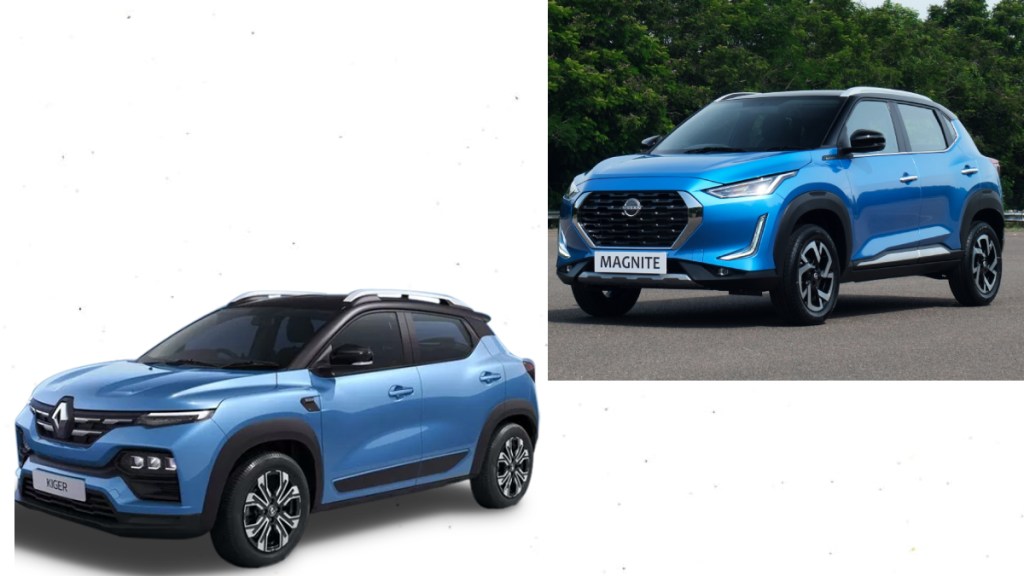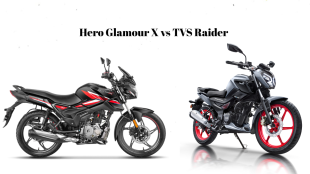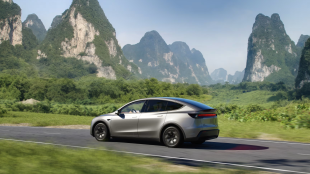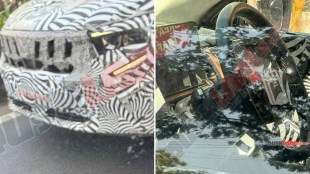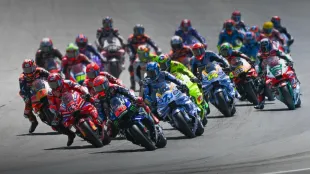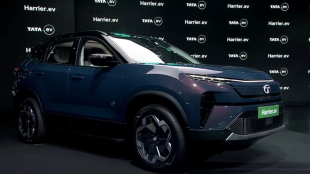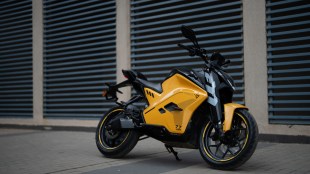In one of the major developments from the Indian car market, Renault will take full operational control over Renault Nissan Automotive India Private Ltd (RNAIPL). Renault will acquire a 51 per cent stake in the RNAIPL currently owned by Nissan, thus gaining full control over the joint venture and the manufacturing plant in Chennai.
Nissan has been facing a tough time globally in recent years. The Japanese automaker faced a big blow when the proposed partnership with Honda was called off, most likely due to disagreements with Nissan’s top management. So, where does this leave Nissan? Does Renault gain full control of Nissan in India??
End of road for Nissan?
Certainly not. Nissan will continue to operate in India, but now it will function essentially as a subsidiary of Renault in India without gaining full control of the brand’s operations in the country. As of now, Nissan will continue with its future models planned for the Indian market. This includes a rebadged version of the Renault Triber and a new C-segment SUV based on the upcoming third-gen Renault Duster.
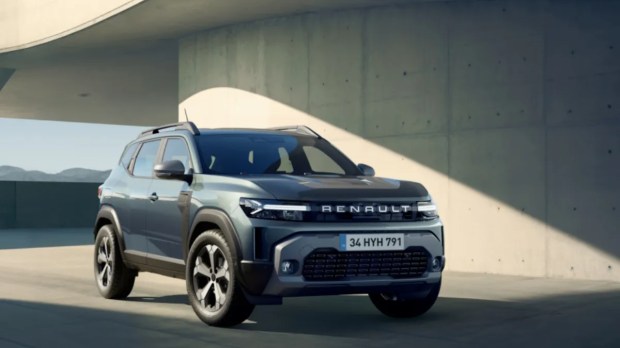
According to the new framework agreement signed by these two brands, Nissan will continue to use RNAIPL as a sourcing for India and export in the coming years. This transaction is subject to customary regulatory approvals, and its completion is expected by the end of H1 2025. From our understanding, Nissan will have the say in which models to develop and launch in India.
Renault and Nissan will continue to operate jointly Renault Nissan Technology & Business Center India (RNTBCI), in which Nissan will retain its 49 percent stake and Renault Group its 51 percent stake. However, there’s one big catch. With the French carmaker gaining full control over the production facility, Renault might have the final say on how many units of each brand will be allocated to each assembly line.
The RNAIPL facility in Chennai has a production of 4 lakh units per annum. The facility currently hosts the CMF-A and CMF-A+ platforms including models like Renault Kiger and Nissan Magnite. In the coming months, the plant will be geared for further developments with the launch of the CMF-B platform. This will commence with the launch of the new Duster early next year, followed by its seven-seat version.
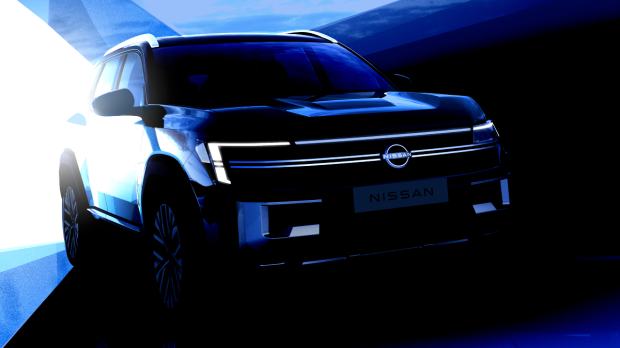
As many as four new models underpinned by the CMF-B platform will be launched in India in the initial stage, two of which will don the Nissan badge. To summarise, going forward, Renault will have a major say in almost every development Nissan plans for India.
